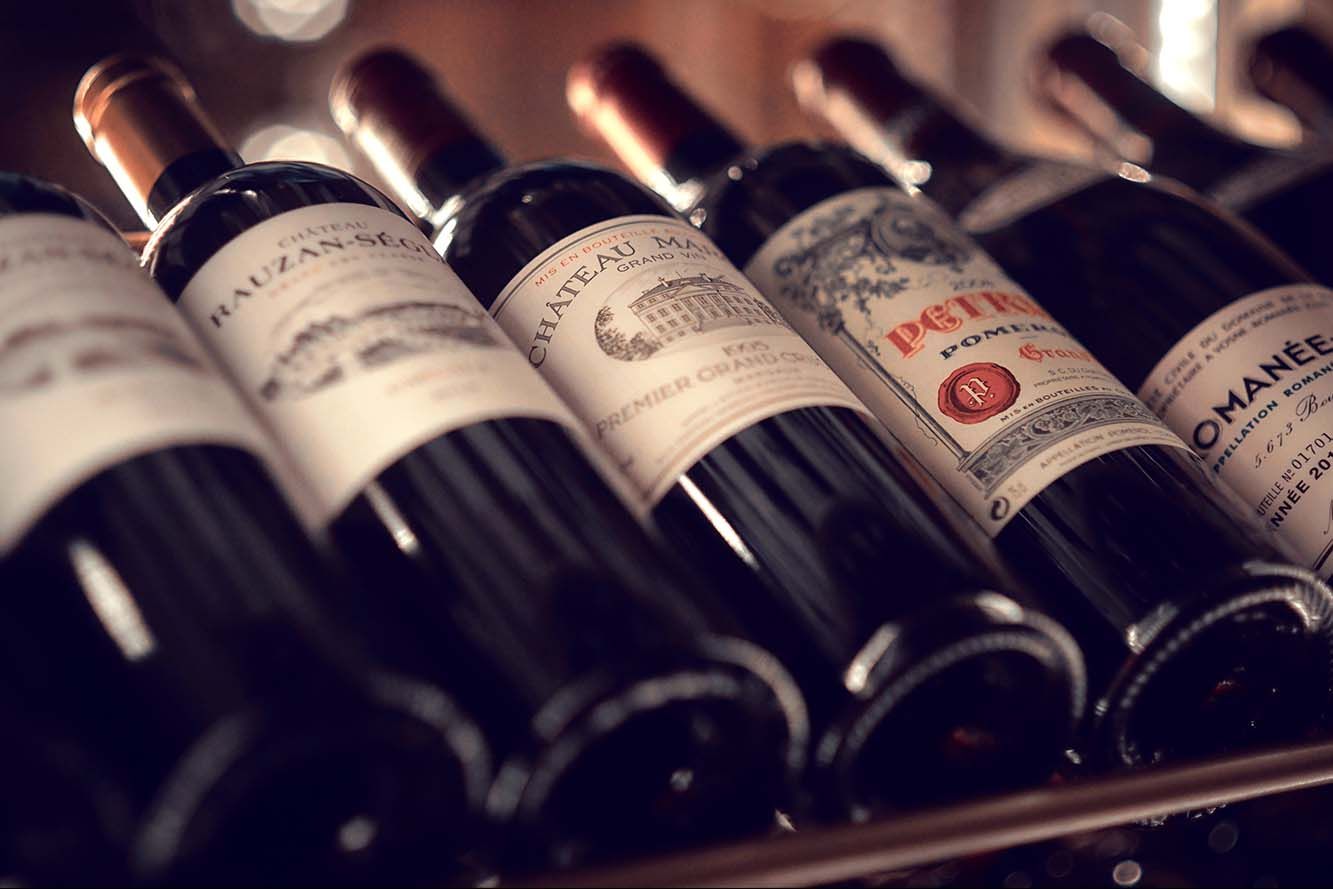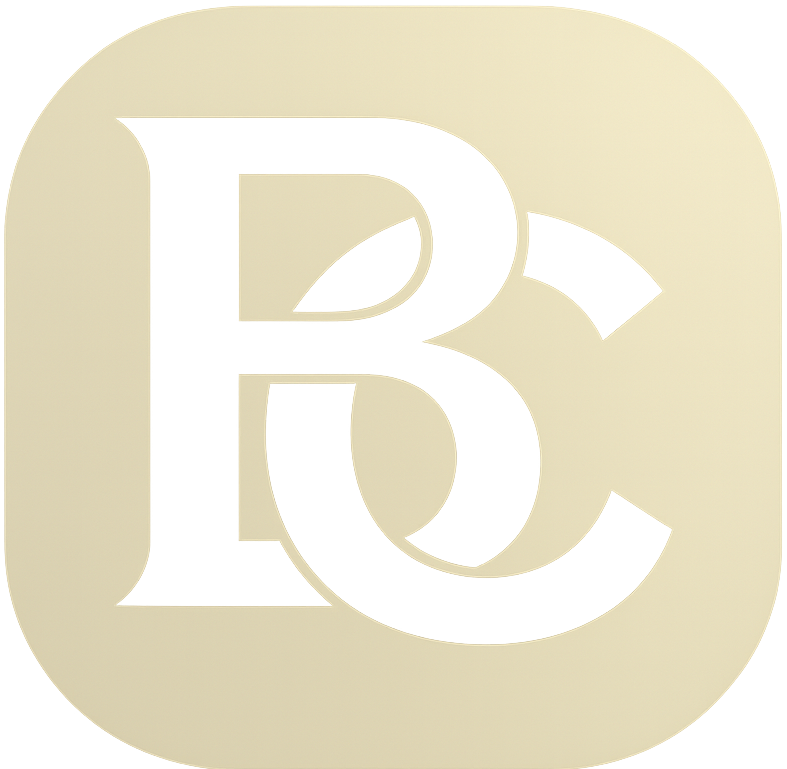
As Benjamin Franklin once said, “Wine makes daily living easier, less hurried, with fewer tensions and more tolerance.” However, you may be underestimating the variety of options available to you when it comes to putting your hard-earned money to work for you. To put it another way, what if your passion for wine might be more than a guilty pleasure and really contribute to your bottom line?
Numerous financial experts now recommend purchasing high-quality wines designed for long-term investment to diversify, reduce portfolio risk, and bolster returns. So far, the value of wine as an alternative asset class with a minimal link to stock prices is expanding.
In this report, I will share some of my thoughts on investing in wine. Even if you think it is a foolish idea, I believe it is a valuable case study to consider as an alternative asset class.
Uncovering the Growth of Wine as an Alternative Investment
As one of the most important influences that propelled the expansion of wine investments, there is no correlation between wine and other widely held assets such as equities, cash, fixed income, or property. Because of this, it is a vital instrument for diversifying a portfolio and lowering the risk that an investor confronts due to being overexposed to a particular industry or market.
We have witnessed the widespread economic downfall caused by COVID-19 and geopolitical conflicts in 2022 and the subsequent effects they had on most worldwide asset classes. In contrast to most equities markets, which had double-digit losses before rebounding to all-time highs, the fine wine market seemed less volatile, seeing just a small decline at the outset of the epidemic.
In 2022, the returns on investments in fine wine are higher than those on investments in shares, gold, or alternative assets like real estate. The Liv-ex 1000 index rose 19.6 % last year and 49.5 % between 31.10.2020 and 31.10.2022. The FTSE 100, on the other hand, fell -2.5% during the previous year and -5.8% over the five years ending in October 2022. Furthermore, the wine market is expanding in Asia, Russia, and North and South America. More individuals are interested in purchasing and consuming wine, which might provide chances for those seeking to capitalize on an expanding market.
Exploring the Factors that Drive the Growth of Wine Investments
Wine’s appeal as a popular alternative investment asset was driven by the following beneficial factors:
- Tangible Investment
In contrast to other alternative investment assets such as gold and farmland, wine is a tangible, physical asset; as a result, supply is inherently restricted due to the nature of the asset itself. The fact that good wine is intended to be consumed distinguishes it from other asset-backed investments, such as vintage vehicles or art, which are preserved for future use, when a rare bottle is used up, the worth of the other bottles in the collection increases.
- Exclusivity
Fine wines that attract investors can only be produced in a limited number of regions worldwide, and exceptional vintages are rare. The quality of the wine increases with age, and the quantity available diminishes as more bottles are opened and consumed as time passes. Burgundy and Bordeaux wines dominate the fine wine investment market, representing less than 0.1% of the global wine market.
- High Demand, Low Supply
Geography, fertile land, and historical production capacity restrict fine wine availability. In addition to a limited number of bottles that may be produced each year, wine consumption continues to rise annually. It is difficult to invest in wine as only 1% of all wines produced worldwide are considered investment-worthy by wine experts. In short, the demand is enormous, the supply is relatively short, and it continues to be used daily. Indeed, this tendency might slow or even reverse, but it functions as a natural mechanism for price appreciation in the long term.
- Quality Increases with Time
One of wine’s most salient highlights is that the quality and rarity of significant wine increase over time. It is not necessary to be a wine drinker to comprehend the phrase “aged like a great wine.” For instance, a 2010 bottle from a certain vineyard will taste somewhat better and be worth slightly more than its identical 2020 equivalent, assuming all other factors remain constant.
- Enhanced Liquidity
Overall, the disadvantage of most alternative assets is that they provide little to no liquidity. For instance, most real estate investments demand a five-year or longer commitment period.
Although wine should be seen as a long-term investment for the best rewards, it may be sold reasonably rapidly at almost any time. To maximise the return on your wine investments, you should plan to keep them for at least three years.
How to Invest in Wine
Overall, there are several avenues that one can approach to invest in the wine sector:
- Buy Your Own Bottles
If you wish to purchase and resell bottles yourself, wine auctions, wine brokers, and wine stock exchanges are your best bets for acquiring them. In addition to transporting, storing, and insuring your bottles, you will need to do so if you choose this option.
- Wine Auctions
In most U.S. states, a wine auction may be attended without a licence. However, rules differ considerably. Therefore, you must do research beforehand. Again, the United States is rather retrograde when it comes to alcohol. Therefore, it is often simpler to attend and bid at overseas wine fairs.
- Wine Brokers
In a manner comparable to the acquisition of enterprises and digital assets, brokers supply vast information and skills. Oh, and they will also have an import licence, which is essential if you want to get the best French products.
Bottom Line
Even though wine was particularly perceived as an investment for high-net-worth individuals, nowadays, there are plenty of opportunities for those willing to explore this unique asset class.
Should you invest in wine? Maybe. It is an interesting option for those investors looking for an unconventional, uncorrelated alternative investment. Plus, you should always be able to put some bottles of vintage Dom to good use.
